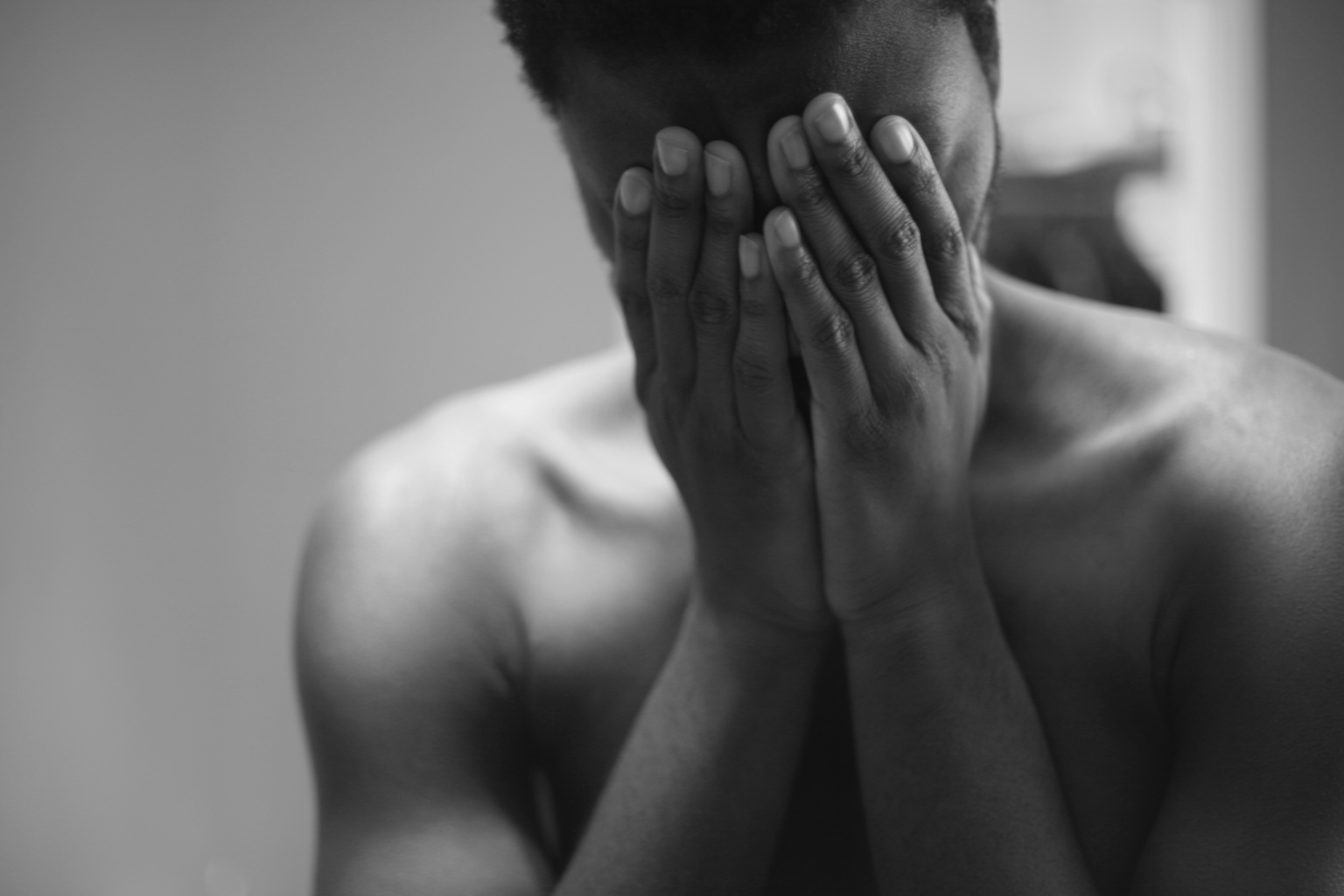Battling towards balance
Slowly, but surely, conversations about the relationship between notions of black masculinity and mental health are beginning to permeate mainstream discourse. Behind the increasingly cited statistic that suicide is the third leading cause of death among black males aged 15-24, we’ve tentatively moved towards some form of debate.
In the last 12 months, though, I’ve realised it’s very easy to address a topic you feel removed from, but once you are personally affected, it’s a completely different matter.
When I became Editor-in-Chief of the Boar, brace-faced (but sadly still just as skinny) 12 months ago, I jumped into the task with a raft of expectations. Thankfully, those expectations for the most part have been met.
Having pushed back the print deadline, wrestled with the prospect of a likely lawsuit, and suffered with first-time nerves, I thought I’d navigated the worst of the storm
I thought it would be fun, highly challenging, and time-consuming to the point my seminar tutors would squirm at my lack of attendance. All these expectations were fair enough; however, I did not expect to move from my comfortable position as a bystander in the burgeoning black mental health discussion to a human case study along the way.
The morning of what was meant to be the crowning glory of my time here at Warwick; my first ever paper at the helm, was more so my mental melting point than anything else. Having pushed back the print deadline, wrestled with the prospect of a likely lawsuit, and suffered with first-time nerves, I thought I’d navigated the worst of the storm.
I felt I’d failed the people who were proud of me for becoming the first black man to hold this post and, more painfully, failed myself
That was until I discovered an error which tipped me over the edge. I’d somewhat ironically managed to misspell the word “negligence” on the front page. The moment was surreal. It wasn’t just one dud copy – it was the whole set of 3,000 papers sullied by my carelessness.
The mistake triggered a belated breakdown which in hindsight, had been building for three years. I felt I’d failed the people who were proud of me for becoming the first black man to hold this post and, more painfully, failed myself. With nothing else left, I took to a toilet in the Student Union Headquarters and quietly wept, before doing what just a few months prior I thought was unthinkable: booking an emergency counselling appointment.
“That article was wavey bro!”
As well as helping me learn I was nothing more than severely exhausted rather than ill, honest conversations between myself and a counsellor gave me the chance to reflect on some of the cultural factors that make it so hard for myself and others from the Afro-Caribbean Community (both here at Warwick and further afield) open up about stress and mental illnesses.
Firstly, here at Warwick, the black community is underpinned by a larger-than-life element of performativity. You’re known for what you’ve done, and what you aspire to do. With every over-the-top greeting: “Man like Editor!”, and exhortation of an achievement: “That article was wavey bro!”, I felt a personal desire to do one better, to keep on progressing, and maintain a position close to the top of food chain at all costs.
Moreover, it wasn’t just the black Warwick bubble that was harmful, ideas from my home life which had formed years before helped heap on the pressure
All semblances of perspective and self-care went out the window midway through second year. Working ungodly hours and refusing to bring myself to eat more than half a meal a day were all part of this drive to be successful at all costs and continue to do this “for the culture” in order to raise the bar further. Weakness in the public eye was never an option, no matter how much it cost me.
Moreover, it wasn’t just the black Warwick bubble that was harmful, ideas from my home life which had formed years before helped heap on the pressure. For as long as I can remember, I’ve had several familiar mantras drilled into me. “You will be the head and not the tail”, or the widespread “you’re black, so you’re going to need to work twice as hard.”
It’s undoubtable that, as a black man, it’s important to do well for yourself and inspire your peers along the way
It was never enough to simply do well; the point of doing anything, either academic or extracurricular, was to excel. Couple that with a religious sense that mental illness is something of a taboo, and it’s safe to say by the time I reached Warwick, the prospect of enduring any sort of breakdown, let alone writing about one, was completely out of the question.
With my time at Warwick coming to an end, I’ve learned that understanding mental health is only one part of the equation; stepping forward and making changes is far more difficult. Sitting here writing this article, fuelled by just half a party ring and a cup of coffee for lunch, and just a little less single-minded than I was a year ago, it’s safe to say I still have a long way to go.
It’s undoubtable that, as a black man, it’s important to do well for yourself and inspire your peers along the way, but ultimately there is one thing that’s more important than a success story, and that is your wellbeing.
Shingi Mararike

Comments (1)
Very reflective Shingi. Thanks for sharing your experience.